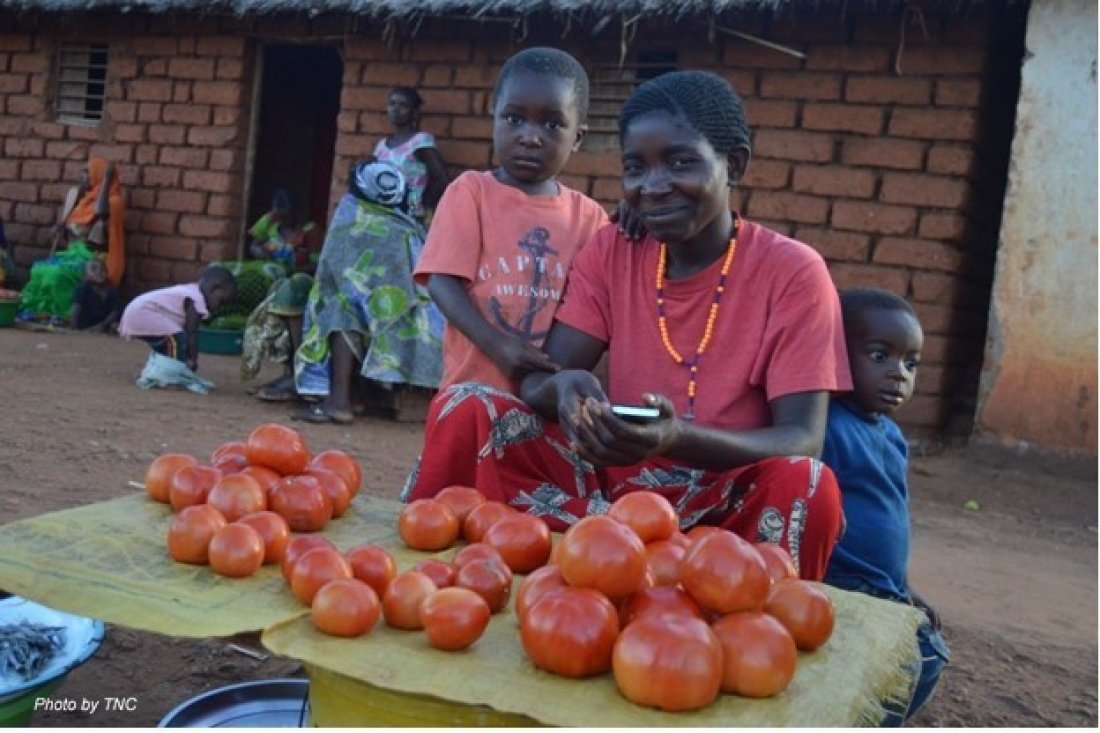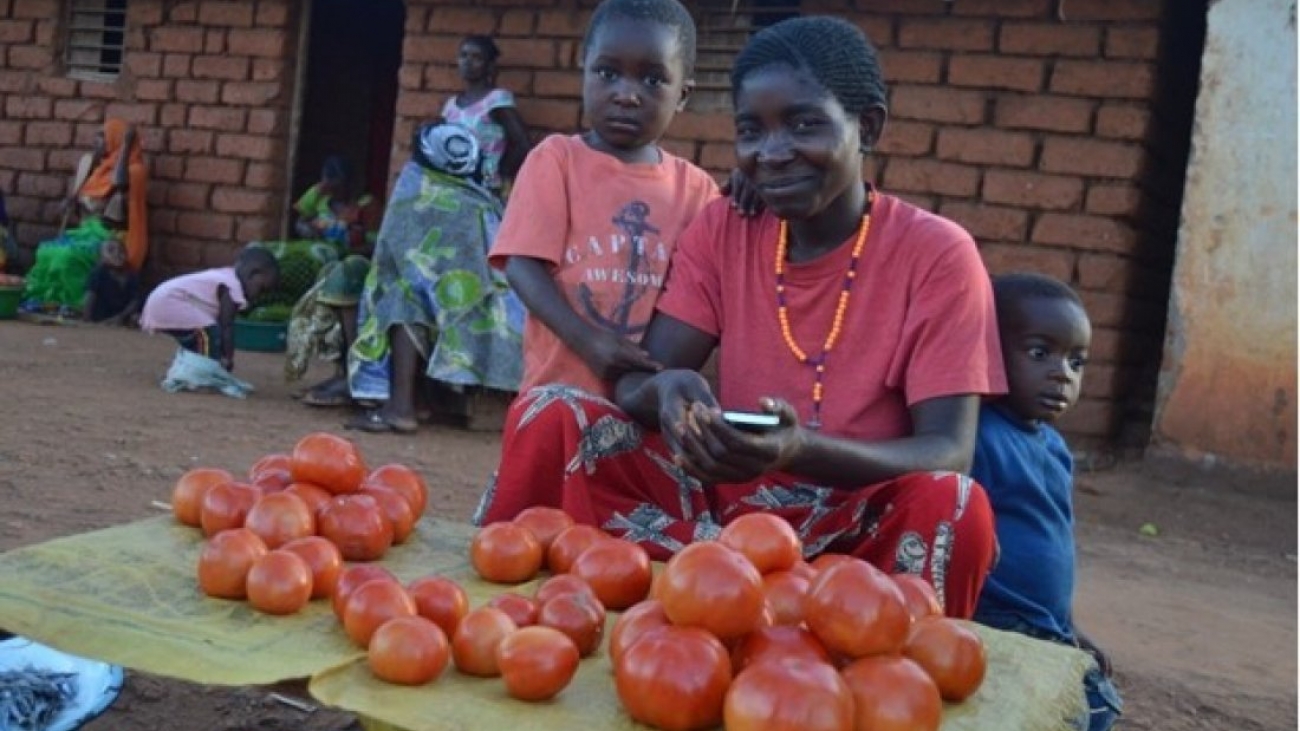There is a strong and direct link between human health and ecosystem health, both depend on each other. The current COVID-19 pandemic continues to exemplify this interrelationship and the need to find a balance where both nature and people thrive.
To promote this healthy interrelationship, the Africa Biodiversity Collaborative Group (ABCG) through the Population Health and Environment (PHE) working group, is implementing effective approaches that integrate biodiversity conservation and activities that contribute to improved global health. Centered on a holistic approach to health and environment, the PHE project includes the promotion of proper nutrition and food security through training on sustainable agriculture. It also incorporates improving sanitation and access to clean water through activities such as reducing deforestation, improving water quality and reducing pollution to nearby watersheds. Moreover, the approach focuses on providing knowledge and promoting better access to health services such as access to family planning and reproductive health services, to improve family well-being.

The human health aspect is important to environmental health because, a healthy community is better placed to take care of their environment and improve the welfare of the ecosystem. World Wildlife Fund (WWF), a member of ABCG is leading the execution of the PHE project working with community members to improve human and environmental health in the buffer zones of Lobeke National Park, Southeast Cameroon.
“We are working with members of the community, in collaboration with our government health partner and local non-governmental organizations (NGOs) to address multiple factors that affect their health by imparting them with knowledge and building their capacity on health issues,” says Nathalie Simoneau, Lead Specialist, Gender and Social Inclusion at WWF.
As part of the project efforts on building capacity of different stakeholder groups on health issues, in 2019 WWF staff mobilized and sensitized 474 key stakeholders in order for them to have inputs in the project design, framing and implementation. The stakeholders comprised of the WWF and the Ministry of Forests and Fauna conservation staff, administrative, health and municipal authorities and community leaders (men and women of the Baka and Bantu groups) in Cameroon.
Improving skills and capacity of adult women and youth is an important avenue for ensuring the uptake of the PHE approach. WWF’s health partners conducted 12 capacity building sessions for women community focal points where a total of 280 adult women and teenagers from the Baka and Bantu groups actively participated. The sessions highlighted three themes: human reproduction and reproductive health, prevention of unwanted pregnancies in teenage girls and adult women, the prevalence of early pregnancies and prevention of maternal and child mortality, during pregnancy and post-natal. The sessions also addressed the health risks associated with teenage pregnancy and consequences that early pregnancy can have on the potential of teenage girls to live a productive and healthy life.
The women focal points were involved in activities such as group discussions, brainstorming, short presentations and sharing among participants and trainers. The trainees also had an opportunity to explore the root causes of high maternal and child mortality rates in their communities. Poverty and a lack of means to feed pregnant mothers and young children, complications during pregnancy and at birth, and high frequency of pregnancies were identified as leading causes of high maternal and child mortality.
Apart from capacity building sessions, the project also promotes reproductive health services and voluntary access to family planning methods to women and couples through the help of trained community health focal points. Trained community health focal points promote the use of barrier methods like male and female condoms and natural methods (fertility awareness in women) among the community members, and provide guidance on how to access hormonal contraceptives from the health centers as needed.
In the months of January to March, 2020 women focal points led the equal distribution of 21,336 condoms to Moloundou, Yenga and Salapoumbé Health Centers. They also referred health-related issues like family planning counselling or pre and post-natal visits to the nearest health centers.

“Through our health partners’ efforts, we are providing these services to promote women and infants’ health outcomes thereby supporting to decrease child mortality and morbidity rates in the project area. Healthy timing and spacing of pregnancies result in fewer medical complications for women and lead to healthier mothers and babies,” Nathalie Simoneau adds.
Community members who live around Lobeke National Park can now boast of improved knowledge and health to enable them to take better care of the environment they so deeply depend upon.
For more information contact: Nathalie.Simoneau(at)wwfus.org

